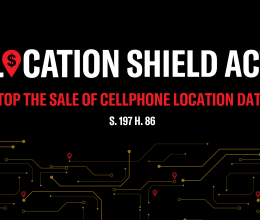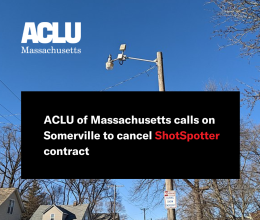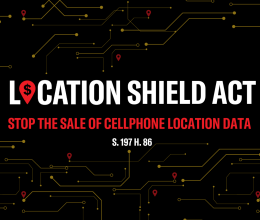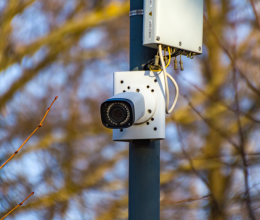
Today the Massachusetts Supreme Judicial Court reaffirmed the warrant requirement for cell phone location information—known as CSLI: cell site location information—established in last year's landmark ACLU of Massachusetts victory in Commonwealth v. Augustine (now referred to as Augustine I).
This spring, we urged the Court to suppress the CSLI evidence the authorities obtained without a warrant. Today, the Court held that two-weeks’ worth of CSLI will be admissible in court because the Commonwealth's CSLI application from 2004 contained probable cause of Mr. Augustine's involvement in a crime. Despite this holding, however, today's opinion affirms the key principle we fought for and won in Augustine I: the need to show probable cause to get a warrant for cell phone location information.
Today’s ruling emphasized “this test requires a higher degree of confidence that the CSLI will yield evidence of criminal activity than that which is necessary for an order under Section 2703(d)”—which is what the Commonwealth previously used to obtain CSLI—confirming that the probable cause requirement mandated in last year’s Augustine I decision provides meaningfully greater protection for privacy in the digital age.
The Court’s decision follows recent activity on this issue in federal court. Earlier this month, a Fourth Circuit ruling in another case the ACLU has worked on—U.S. v. Graham—repeatedly cited Augustine I in its holding that obtaining CSLI information requires a warrant under the Fourth Amendment. The ACLU is also co-counsel on a petition, arising from the Eleventh Circuit, which asks the Supreme Court to review this issue under the U.S. Constitution.
The bottom line: where you go can reveal who you are. Since nearly everyone now carries a cell phone, which effectively tracks its user's movements as it connects to cell phone towers, the ACLU has worked across the country to ensure that the law's defense of privacy rights keeps up with communications technology.






